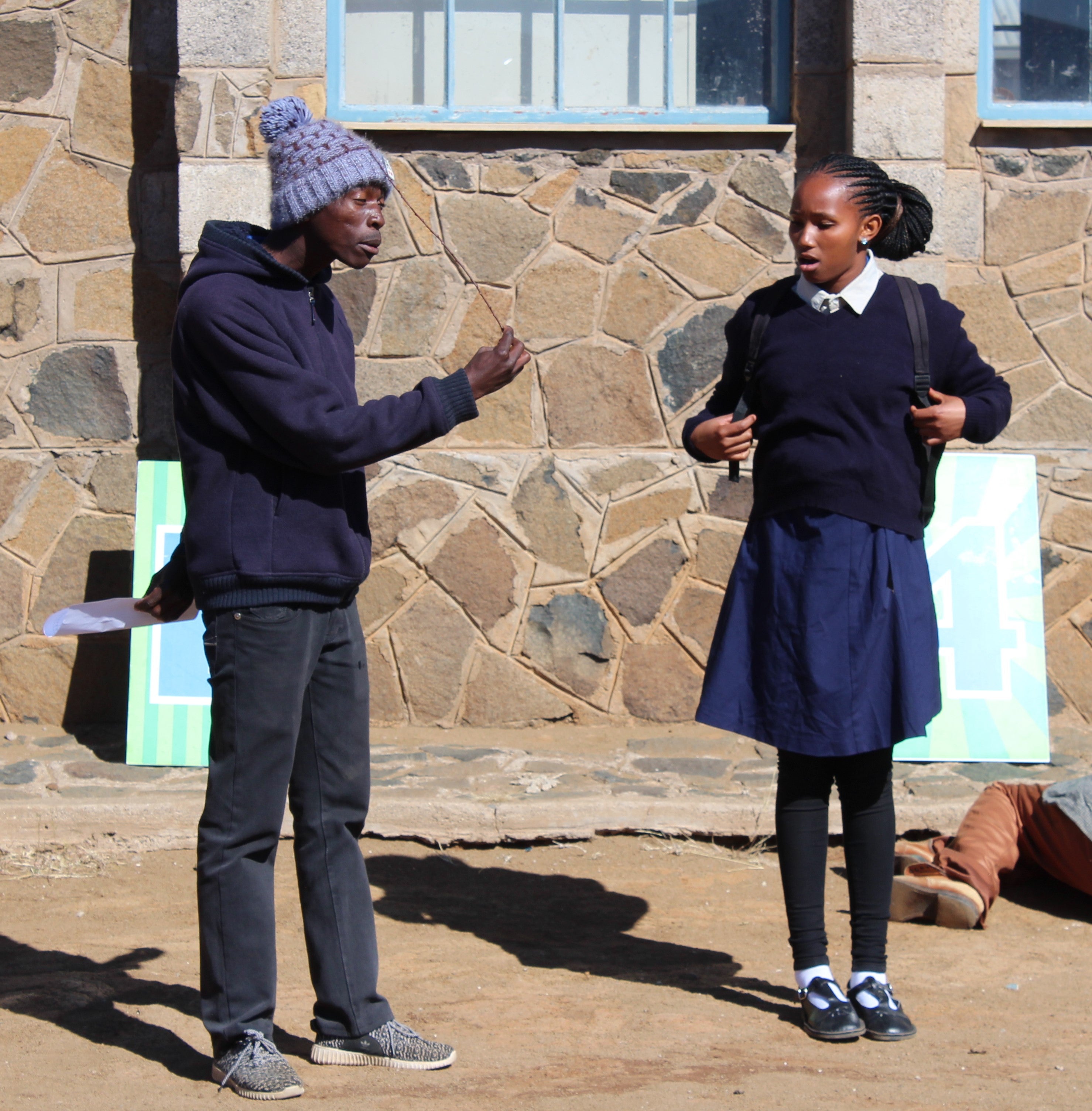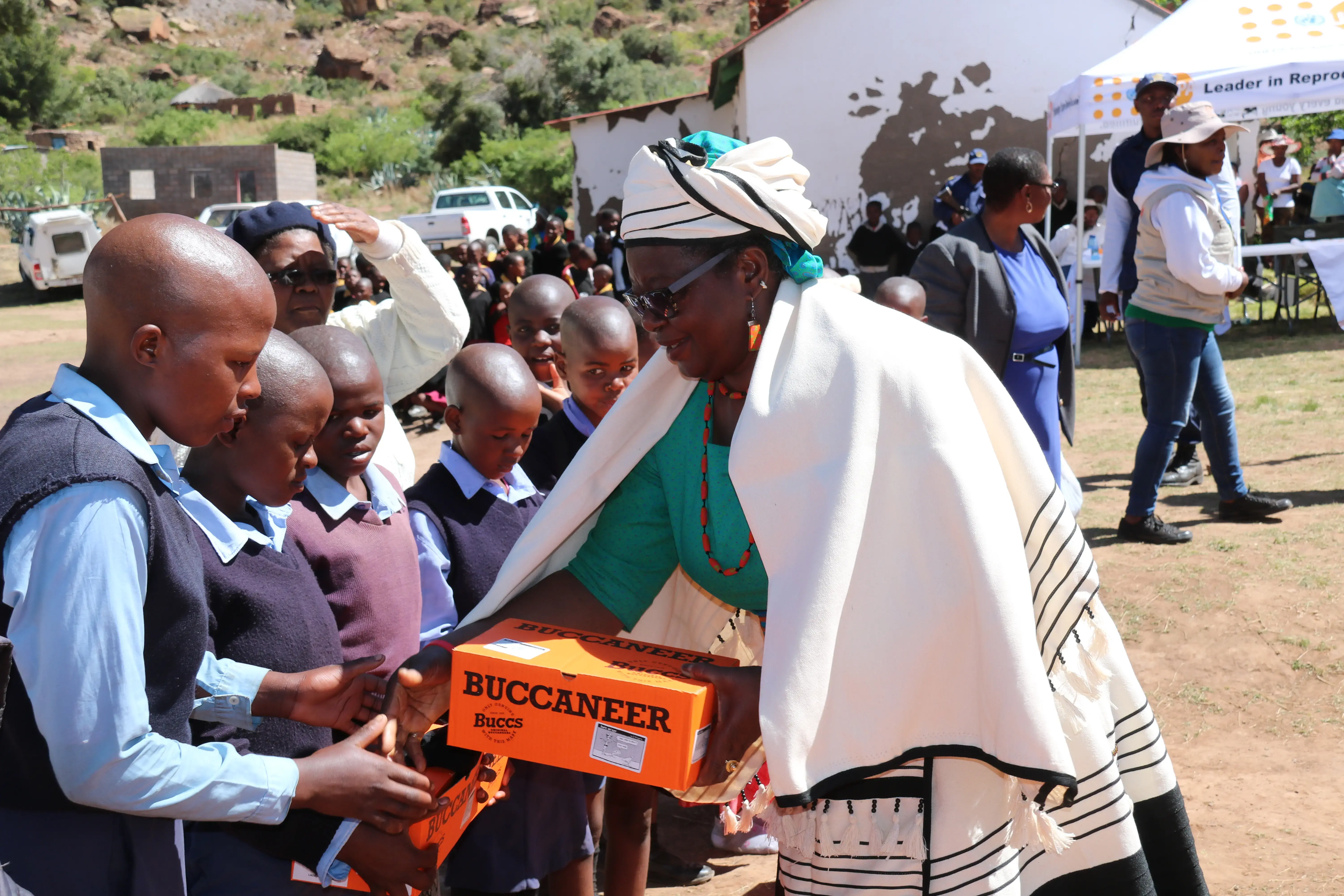Lesotho is in the process of developing a Prevention and Management Learner Pregnancy Policy which will focus on prevention and management of Early and Unintended Pregnancy (EUP) for learners. The process, led by the Ministry of Education and Training, is financially supported by UNFPA, the United Nations Population Fund.

This has been prompted by data from the Education Management Information System (EMIS) and studies which show that early and unintended pregnancies coupled with child marriages are among the key factors that lead to girl children dropping out of school. For example, the Lesotho Demographic Health Survey (LHDS 2014) has shown that 19% of women aged 15 – 19 had begun childbearing in Lesotho and of these 15% had had a live birth and 4% were pregnant at the time of the interview. It further shows that the proportion of teenagers who have begun childbearing rises rapidly with age, from 3% at age 15 to 40% at age 19 and rural teenagers and those in the lowest wealth quintile tend to start childbearing earlier than other teenagers.
On the other hand, a brief analysis of data from the 2015 EMIS also reveals that pregnancy is the number four (4) cause for girls’ dropping out of secondary school that comes after cause number three (3) - no money for school fees, marriage and failure in school. It showed that considering that most of the early marriages are as a result of pregnancy, when the numbers of girls who dropout of schools as a result of pregnancy and marriage are combined, they become the primary reason why girls dropped out of school in 2015 at 37.31%6.
As part of mitigation measures, among others, the Ministry of Education and Training (MOET) through UNFPA’s support, has begun the processes of developing The EUP Policy. It is against this background that a review meeting was held recently where the inception report was presented and reviewed and also provided guidance on key areas that the policy must address.
Speaking during the review meeting, UNFPA Representative Dr Marc Derveeuw emphasised the pertinence for the policy to address all elements which have to do with prevention of pregnancy at school including Comprehensive Sexuality Education, adolescent friendly health services, awareness to contraceptive services and HIV prevention. He also highlighted the meeting on the partnership between UNFPA and the Lesotho Highlands Development Authority on prevention of pregnancies in secondary schools and the Prevention of Sexual Exploitation and Abuse at the Polihali dam construction area.
UNFPA already supports delivery of Life Skills Sexuality Education in Schools and Comprehensive Sexuality Education Programs out of School as well as accessibility and availability of modern contraceptives of for adolescents and young people including comprehensive condom programming.





